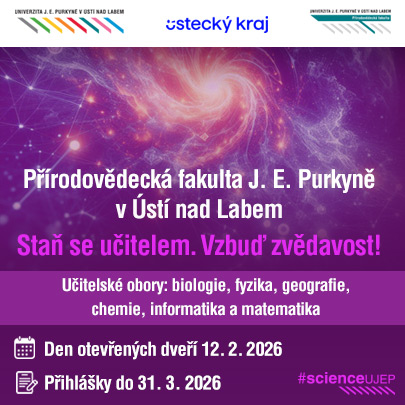Prague
– location: located in central Bohemia, on the Vltava River – size: the largest city of the CR – population: 1,308,600 – political and cultural centre of the CR (residence of the President, seat of the government and Parliament) – regarded as (= people think that) one of the most beautiful cities in the world […]
– location: located in central Bohemia, on the Vltava River
– size: the largest city of the CR
– population: 1,308,600
– political and cultural centre of the CR (residence of the President, seat of the government and Parliament)
– regarded as (= people think that) one of the most beautiful cities in the world
– some nicknames: a city of a hundred spires (Bolzano), the mother of cities, Golden City
– The old centre of Prague consists of 5 historical districts
HISTORICAL DISTRICTS:
· Staré Město (= Old Town, first settlement in 10th century)
· Malá Strana (= Lesser Town, in 1247 gained town status (under Ottokar II)
· Hradčany (= the Castle District)
· Nové Město (= New Town) – established by Charles IV in 1348; these four parts (boroughs) formed a single city in 1784
· Josefov (= the Jewish Quarter, completely surrounded by Old Town)
MAJOR SIGHTS:
· Vyšehrad – (a castle built in the 10th century over the Vltava River), residence of Czech princes till 1140, ransacked by the Hussites and then by the troops of Jiří of Poděbrady
· the Castle – the largest in the world, residence of the Czech President, established in 9th century by Prince Bořivoj
· Katedrála sv. Víta (= St Vitus /vaitǝs/ Cathedral) – the largest and the most important church in Prague, part of the Prague Castle complex, Gothic architecture, contains Kaple sv. Václava (= St. Wenceslas Chapel) – the most sacred place in the cathedral
· Karlův most (= Charles Bridge) – a stone bridge (started in 135, finished in 1402), 2nd oldest in the CR
· Staroměstská radnice (= Old Town Town Hall) – established 1338, nearly destroyed at the end of WW II, in 1945; there´s a famous astronomical clock (=orloj), installed in 1410 (the oldest in the world still working)
· Národní divadlo (= the National Theatre) – opened 1881, burned down, was reconstructed and reopened in 1883
· Karlovo (náměstí) square (=Karlák infml = Charles Square) – one of the largest squares in the world (the largest in central Europe)
· Vaclavské (náměstí) square (= Václavák infml) – formerly Koňský trh (Horse Market), was renamed in 1848 after St Wenceslas, the patron saint of the Czech Lands
Aktuální přehled studia pro rok 2026/2027:
· Národní muzeum (= the National Museum) – the best-known museum in the CR
Za správnost a původ studijních materiálů neručíme.







